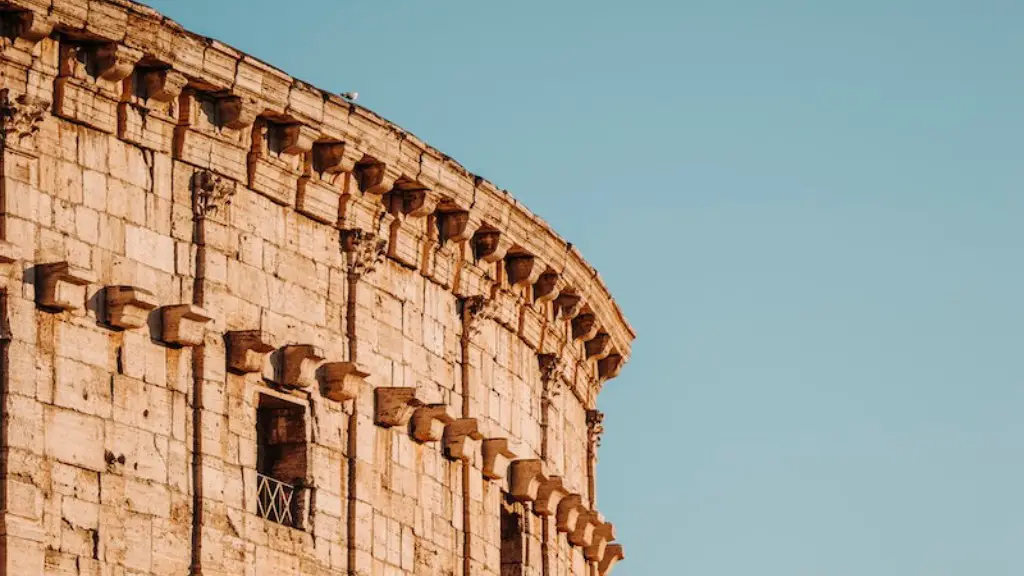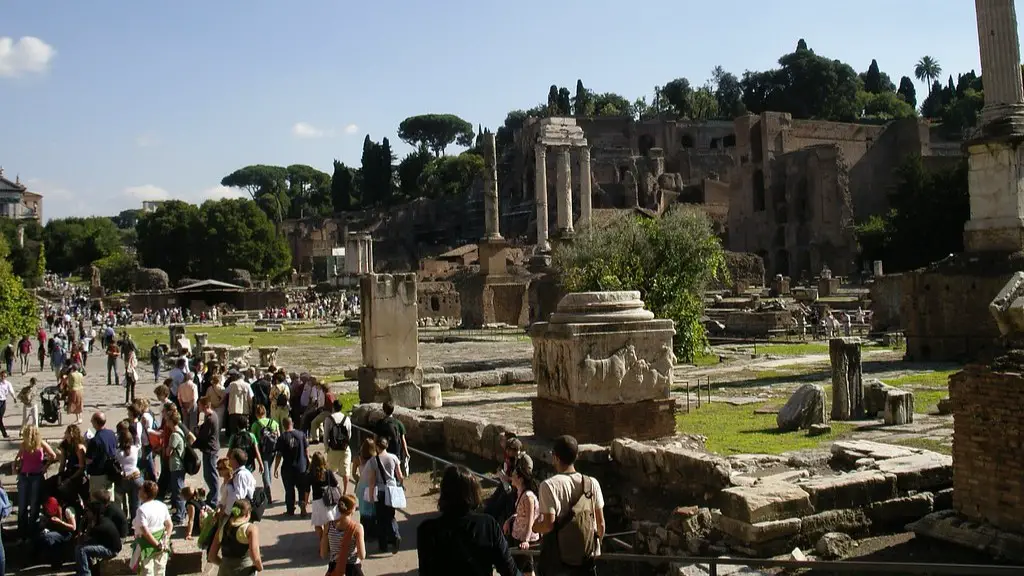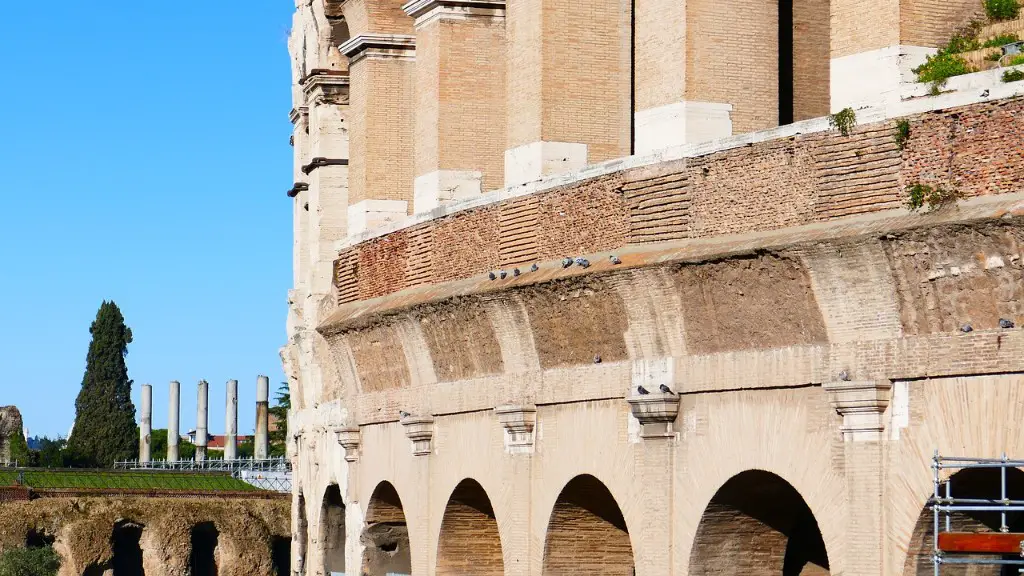Introduction
If someone asked you what would an ancient Roman be politically, you may think they would have a republican view. But, that may not necessarily be true. Republicanism and democracy have completely different approaches and it is not possible to describe a person as one or the other. It is a complex question to understand which political system an ancient Roman would have been part of and to analyse whether the ancient Roman world would have been more democratic or republican. To properly answer this question, it is important to look at the different systems, how they interacted and how influential they were in the ancient world.
Republicanism
Republicanism is a form of government in which the power of the state does not rest on the citizens, but on a notion of civic virtue. This is the belief that citizens should take part in protecting their own liberties and those of the society in general. The concept was developed in Ancient Greek and Roman societies, and it evolved into a form of government in which citizens shared the obligations and governed themselves through legislative, judicial and executive bodies.
In the Roman Republic, the legislative body was the Senate, which was composed of appointed and elected officials who had the right to vote in the decision-making process. The Senate was the most powerful body in the Republic, but it was also limited by the collective will of the citizens. The executive power was vested in two annual elected magistrates called consuls. The consuls had the right to veto any senatorial decision, and they were also the ultimate authority in the Roman military.
Democracy
Democracy is a form of government in which all citizens have equal rights, including the right to determine public policy and elect representatives. Democracy was initially developed in Ancient Greece, with the six assembly forming the first ever democratic government. In the Roman world, democracy was much less developed and was largely limited to the city-state of Rome.
The Roman citizens had the right to elect their representatives to the Roman Senate, but the Senate was heavily influenced by major aristocratic families, such as the Julians and Cornelians. Furthermore, the citizens did not have a direct say in the decision-making process and had to rely on their elected representatives to vote for them in the Senate.
Comparison
It can be argued that the ancient Roman world was more of a republic than a democracy. The Roman Republic was based on the idea of civic virtue, while democracy focused on the individual’s right to choose. Furthermore, in the Roman Republic, the Senate had the power to pass laws and make decisions, while in a democracy the will of the people would decide the laws. Additionally, citizens in a republic had limited say in the decision-making process and had to rely on elected representatives, while in a democracy citizens had more direct say in the legislative process.
On the other hand, it can be argued that the ancient Roman world was more democratic than a republic. Despite the limited power of the citizens, the Roman Republic had various democratic components such as the assembly of citizens and the election of representatives to the Senate. Furthermore, Roman citizens had the right to speak in the Senate and could demand certain laws to be passed.
Analysis
When analyzing which political system an ancient Roman would have been most likely to be part of, it is important to consider the similarities and differences between democracy and republicanism. It is clear that the Roman Republic had democratic components, such as the assembly of citizens, the election of representatives, and the right to speak in the Senate. However, it is also clear that the citizens had limited power and the aristocratic families had a large influence on the decision-making process.
In this sense, the ancient Roman world was a hybrid of both democracy and republicanism. It was not purely democratic, as the citizens had limited say in the decision-making process and had to rely on their elected representatives to vote for them in the Senate. On the other hand, it was not purely republican either, as the citizens were still able to take part in the legislative process and have some level of power. Therefore, it can be concluded that the ancient Roman world was more of a hybrid of the two political systems.
Relevance Of This Today
The ancient Roman system of government has been used as a model in modern democracies, especially in the United States. The American government is based on the same principles of democracy and republicanism as the Roman Republic. The American Constitution was modelled closely on the Roman Republic, and it has the same three branches of government. Furthermore, the American Senate has many of the same powers as the Roman Senate, and the Supreme Court works in a similar way to the Roman courts.
The similarities between the ancient Roman system of government and modern democracies can serve as an important reminder that democracy and republicanism are not mutually exclusive and can co-exist. The two systems can be combined, as demonstrated by the ancient Romans, to create a system of government that is flexible and can adapt to different needs.
Legacy Of Ancient Rome
The ancient Roman system of government has left an enduring legacy on the world. Many of the ideas and principles from the Roman Republic are still present in modern democracies, such as the ideas of rule of law and checks and balances. The legislature, executive and judiciary branches of government that were developed in the Roman Republic are still used in modern democracies. Additionally, the ideas of civic virtue and the duties of citizens developed in the Roman Republic are still important in modern societies.
The legacy of the ancient Roman system of government also provides an important reminder that democracy and republicanism can co-exist. The ancient Roman system of government was a combination of both systems, and it is a reminder that both systems can exist in harmony. Furthermore, it is a reminder that democracy and republicanism can be combined to create a system of government that works for all types of people.
Implications To The World Today
The legacy of the ancient Roman system of government has important implications for the world today. By studying the ancient Roman system of government, modern democracies can learn from the successes and failures of the Roman Republic, and apply them to their own system of government. Furthermore, the combination of democracy and republicanism that was developed by the ancient Romans can be used to create a more balanced system of government.
This hybrid system can be used to create a government that respects the will of citizens, while also ensuring that certain parts of the government have the necessary independence to make the best decisions for society. This model can also be used to create a government that balances the desire for stability and progress, resulting in a system of government that is both effective and fair.
Advantages Of The Hybrid Model
The hybrid system of democracy and republicanism can provide many advantages. It can create stability by ensuring that the will of the people is respected, while also providing necessary independence to ensure that the best decisions are made for society. It can also allow for the flexibility to respond to changing circumstances, ensuring that the government remains up to date with the changing needs of society.
Finally, the hybrid of democracy and republicanism can provide a foundation of trust in the government. By ensuring that the will of the people is respected, citizens can feel secure that their needs are being taken into account. Additionally, by ensuring that the government has the independence to make the best decisions, citizens can trust that the government is looking out for the interests of all citizens.
Conclusion
When assessing which political system an ancient Roman would have been part of, it is clear that it is a complex question to answer. However, it can be argued that the ancient Roman world was more of a hybrid of democracy and republicanism. The Roman Republic was based on the concept of civic virtue, while democracy focused on the individual’s right to choose. The legacy of the ancient Roman system of government provides an important reminder that democracy and republicanism can co-exist, and this hybrid system can be used to create a balanced and effective system of government in modern democracies.


